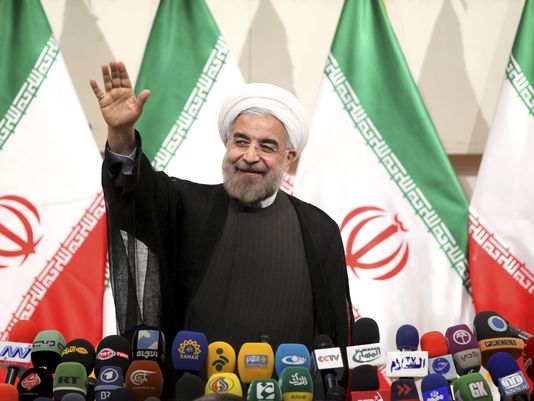NICK ARMER WRITES – Though the election of President Hassan Rouhani came with the hope of a more moderate Iranian government, the result has been quite the opposite. The Iranian authorities have brought forth tighter controls on the media and strict punishments for those bold enough to voice controversial beliefs.
With print and television media almost entirely owned and controlled by the State, many Iranians with views contrary to the mainstream have taken to the web to express themselves, resulting in punishment. Soheil Arabi, a blogger and photographer, has been sentenced to death by hanging for “insulting the prophet” on Facebook, and many have shared his unfortunate fate.
The government has caught on to citizens’ behavior and has taken swift action to disrupt their ability to communicate where officials cannot monitor it. At the beginning of this month, the state-funded Islamic Republic News Agency announced that WhatsApp, Tango, and LINE would be blocked in Iran. These social networking apps join a long list of blocked items that includes big names like Facebook, Myspace, Twitter, and Flickr.
The previous head-of-state, Mahmoud Ahmadinejad, was notorious for his administration’s persecution of pro-reform media outlets. President Rouhani, a left-leaning cleric, who had the support of reformists throughout his presidential campaign, has spoken publicly about the necessity to ease press restrictions.
Despite the shift in rhetoric, the national policy has only worsened, which calls into question his ability to effect change in the current Iranian system of government. President Rouhani’s position in the elected government is overshadowed by the absolute power of the Islamic ruling government of Supreme Leader Ali Khamenei, and there will be no progress without his approval.

